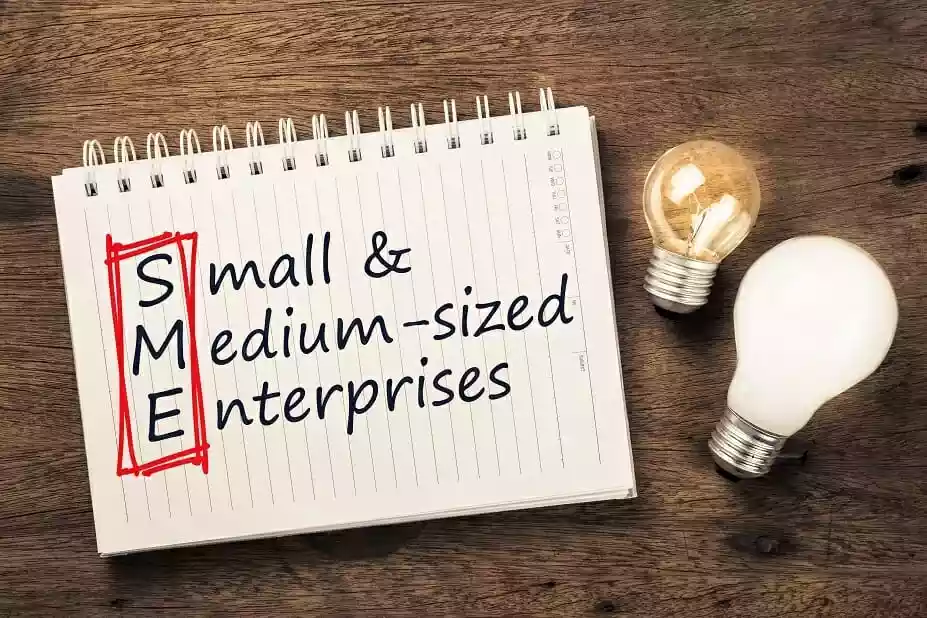
FINSEC is introducing the Exchange Tradeable Futures. These are contracts that give the owner the obligation, to either buy or sell an underlying asset at a given price (strike price or exercise price) and date. Exchange Traded Futures are traded at a physical exchange or centralized platform which are standardized and backed by a Clearing House. The contract terms are standardised by FINSEC in an active secondary market, subject to greater regulation, backed by a Clearing House, and require a deposit of margins to cover the open positions.
To ensure maximum transparency and risk management, a system has been developed for automated contract writing and a complete direct integration of the trading, clearing, custody, and settlement facilities. All transaction processes are recorded from contract writing to settlement. In addition to managing risk, collateralized margins will be used for every contract and the appointed custodian will safely keep the underlying security and margin deposits until contract expiration and or closeouts.
Both parties in a Futures Contract are obligated to perform at the expiration date of the Contract. The Long Position holder has the obligation to purchase the underlying asset at a specific price for a specified time. The Short Position holder has the obligation to sell the underlying asset at a specific price for a specified time.
The Futures Contracts shall be settled in the European style. This means obligations arising from Futures shall be delivered on the expiration date of the contract. However, the contract holders can close out positions during the tenure of the contract by taking equal and opposite positions.
FINSEC sets the underlying assets (Commodities, Equities, Currency, Interest Rates. Daily minimum price fluctuation (called the tick size- daily price move limit). The possible settlement dates, maximum trading cycles, trading sessions for each contract type are all set by FINSEC.
The Clearing House shall determine a maintenance margin level from time to time, which shall trigger a margin call for any variation margin(s) whenever the margin account balance is below the maintenance margin level set by the Clearing House. Every transaction, after a mark to market settlement, shall be included in the succeeding marked-to-market settlement till the expiration of the futures contract.
All executed contracts shall be uploaded and listed for secondary trading. All orders posted shall be matched by the FINSEC matching engine under the FINSEC matching engine procedures. The secondary market trading for options contracts shall be open for trades as many times as possible up until the expiration date of the contract and the contract holder placing a sell order shall determine the futures price. A secondary market buyer of a contract shall assume the obligation to deliver the underlying security on expiry.
Every transaction in futures contracts permitted on the Exchange shall be subject to mark to market and settlement through the Clearing House, at intervals specified by the Exchange. The Exchange shall have the right to effect marking to market and settlements through the Clearing House during the course of a trading session. Clearing Participants shall ensure settlement of mark to market differences on outstanding transactions through the Clearing House.
- Chamisa under fire over US$120K donation
- Mavhunga puts DeMbare into Chibuku quarterfinals
- Pension funds bet on Cabora Bassa oilfields
- Councils defy govt fire tender directive











